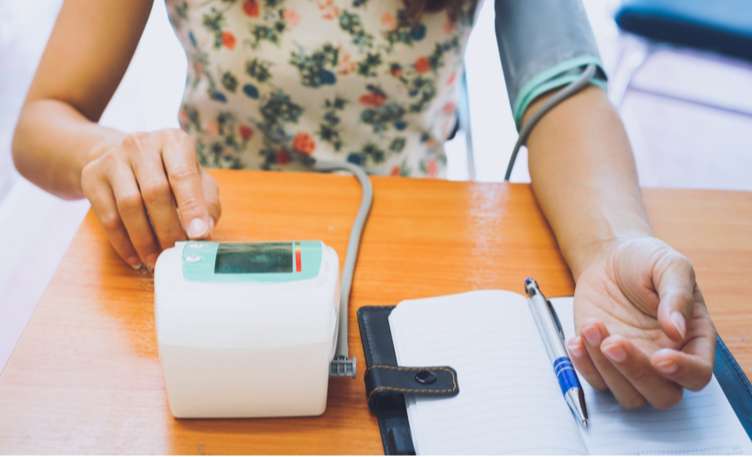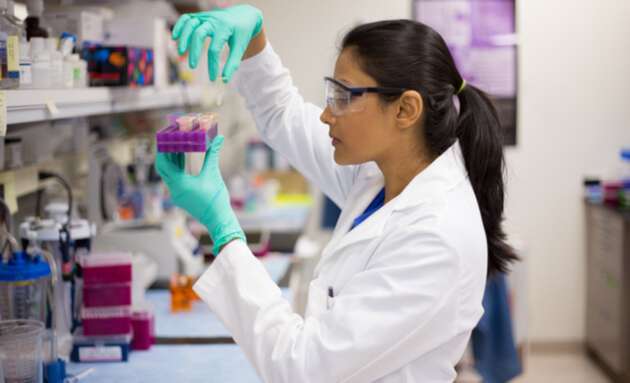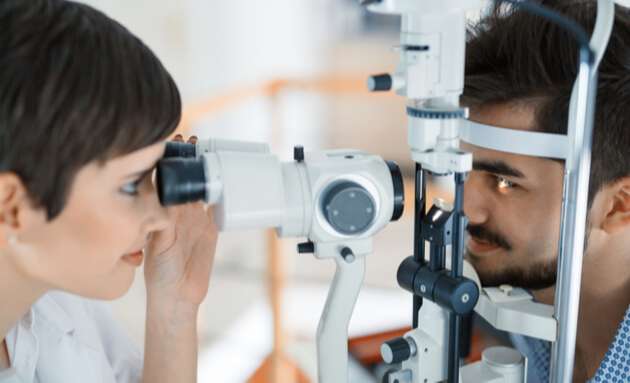
Tests for Assessing Hypertensive Damage
Hypertension is a global epidemic that is quickly becoming one of India’s most common lifestyle diseases. Unmanaged hypertension can lead to severe organ damage and is usually the driving cause for cardiac diseases like heart attacks.
The good news, however, is that hypertension usually takes years to cause serious damage (unless suddenly elevated to very high level) and early diagnosis and intervention can help prevent this damage. The key steps in this process revolve around the identification of the underlying cause of hypertension, look for other risk factors of heart disease and assess if hypertension has already caused damage to your body.
How to Diagnose Hypertension
Here are some tests that your doctor is like to order:
Tests to Identify Hypertension
- Blood pressure can be measured with the help of a sphygmomanometer test which is nothing but the test your family doctor routinely conducts with an air-pump bulb attached to a valve and dial and his stethoscope.
This test will deliver two readings that measure the maximum and minimum (Systolic and Diastolic) blood pressure between your heartbeats. The readings will come under 3 broad categories namely,
- Normal - Blood pressure is 120 – 129 and/or 80 – 84 mm Hg
- Elevated - Blood pressure is between 130 – 139 and/or 85 – 89 mm Hg
- Hypertension (Grade 1) - Blood between 140 – 159 and/or 90 – 99 mm Hg
Tests for Hypertension Causes

- Once your hypertension has been diagnosed, your doctor may recommend further checks to discover its causes. Some of the tests that can help are:
- Blood tests: Tests imbalances in Creatinine, Electrolyte, and Blood Urea levels.
- Urine tests: Measures imbalances in Hormones and Electrolytes.
- Gland Tests: Measures Adrenal and Thyroid gland hormones.
- Lipid profile Tests: Tests imbalances in your Cholesterol levels.
- Blood tests: Tests imbalances in Creatinine, Electrolyte, and Blood Urea levels.
Tests for Hypertension Related Cardiac Damage
- Hypertension can cause your heart to fail when it narrows and blocks the flow of blood to your heart. Here are some of the tests your doctor could recommend to detect signs of cardiac damage due to hypertension.
- X-Ray Imaging: This is a basic test that can identify any abnormalities in the size of your heart.
- Cardiac Ultrasound: Also called an Echocardiogram, this is a comprehensive test that relies on sound waves to capture and transmit images of the beating heart to a video screen.
The test can identify aberrations in the heart’s shape, size, and function to assess issues like blood clots and valve blocks among other cardiac issues.
- Electrocardiogram (ECG OR EKG): This is a simpler test that monitors the electrical activity of the heart. It can help diagnose common hypertension-related cardiac complications like hypertrophy, muscle damage, ischemic disease and more.
- Doppler Ultrasonography: This is a vital test that monitors vascular blood flow. It is used to detect signs of peripheral vascular disease that tends to narrow the blood flow to the extremities and kidneys of hypertensive people.
- X-Ray Imaging: This is a basic test that can identify any abnormalities in the size of your heart.
Tests for Other Hypertension Related Damages

You will also require a few miscellaneous tests to analyse any additional organ damage.
- X-Ray Imaging: This is a basic test that can identify any abnormalities in the size of your heart.
- Ophthalmoscopic Tests: Used to identify signs of hypertensive ocular damage.
- Ultrasound: Also used to assess any abnormalities in the abdomen, kidneys or adrenal glands.
- X-Ray Imaging: This is a basic test that can identify any abnormalities in the size of your heart.
Hypertension is a complex lifestyle ailment that can lead to a host of side effects in different areas of your body. This is why it is important to opt for a hospital that follows a multi-dimensional approach when it comes to testing for hypertension and strives to avoid common biases and errors that lead to misdiagnosis.

